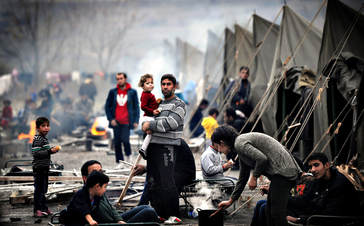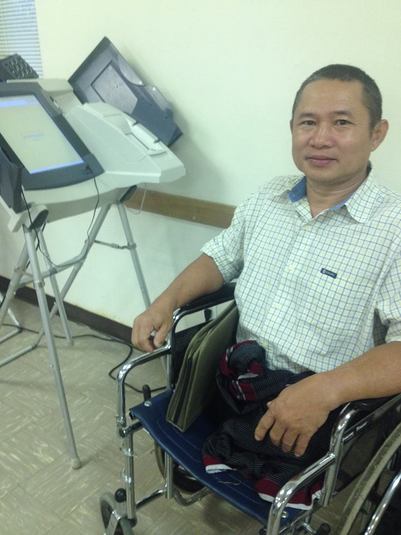|
*|MC_PREVIEW_TEXT|*
0 Comments
 Have you ever felt like an outsider? I vividly remember a certain experience from my time living in another country. As my wife and I looked for a place to eat a picnic, we wandered into an area that was somewhat unsafe due to political tensions. After we sat down, some children came over to watch us eat. They acted friendly at first, but quickly became antagonistic. The situation climaxed as we started to walk away and they, waiting until our backs were turned, began to throw rocks at us. The message was clear: You aren’t welcome here because you aren’t one of us. We are all looking for a home. Many of our forefathers came to America because they were looking for a refuge from turmoil. The Israelites were no different as they wandered in the wilderness those 40 years, something which the Jewish feast of Sukkot remembers. They eventually made it to Canaan, just as our forefathers made it to America. And in the same way, many refugees are now arriving in our cities. However, this is only part of the story. It turns out that the land of Canaan was not a lasting home for the Israelites and America is no lasting home for us. “Here, we have no lasting city,” the New Testament teaches, but we look for a city “whose builder and maker is God.” We wait for a new creation in which righteousness dwells. So the fact that the nations are coming to America provides us a wonderful opportunity, an opportunity for both sides of the story. On the one hand, it’s an opportunity to welcome them to our country, warmly inviting them to a new earthly home. But more than this, as they are battered and bruised by the turmoil of this world, we can invite them to a better home and better world—a world in which justice and peace remain forever. Doh Wah came from the Karen State in Myanmar through a refugee camp in Thailand. He is one of the first refugees that we had the privilege to meet and serve in 2012. After living in the US for five years, Doh Wah was eligible to take the test for citizenship. After becoming a naturalized citizen, Doh Wah called me to help him apply for his passport. Shortly after this, he called me again to take him to vote in the presidential election. Doh Wah is purchasing his home and serving in his local church fellowship. Doh Wah is a joyful soul who is always eager to help others. He speaks Karen, Burmese, Thai and English. Doh Wah is married to Say Hi, and he is the father of 5 boys! He is your new American-Citizen neighbor.
|
|












